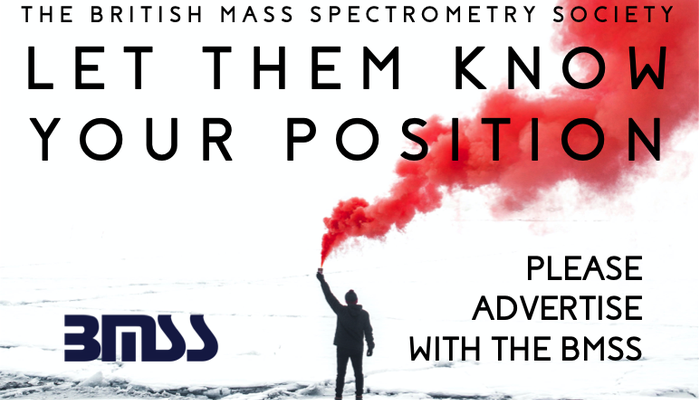Alexander Makarov
Professor Alexander Makarov, ThermoFisher Scientific
Interviewed by Krisztina Radi & Mervyn Lewis, Associate Editors
Originally published in October 2023
At the 43rd Annual Conference of the British Mass Spectrometry Society in Manchester, Professor Alexander Makarov was awarded the Aston Medal for his pioneering work in mass spectrometry that brought us the Orbitrap.
The Aston Medal was established by the British Mass Spectrometry Society in 1987. As the Society's prestigious scientific award, it is given to individuals deserving special recognition by reason of their outstanding contributions to mass spectrometry.
Responsible for bringing us technology that so many of us use day-in, day-out (and take for granted) it is entirely fitting that this award be presented to Professor Makarov, and to do so just down the road in Manchester from where it all began. An inspiring story that tells of a true passion for the science, determination to meet all the challenges faced head-on, and a resilience for when the journey is hard.
Prof. Makarov kindly gave us his thoughts about his award.
So, Alexander – tell is how do you feel about receiving the Aston Medal?
AM: This medal has a special meaning for an instrumentation designer like me. Aston received his Nobel prize 100 years ago for discovery of isotopes but in effect he was the first creator of mass spectrometry instruments that made this discovery possible. This makes Aston medal especially meaningful and important for me! He was also a polymath with broad interests in many aspects of life, be it sports or music or technology- so this serves as a nice inspiration!
What does the British Mass Spec community mean to you and how did you feel being back to the UK for this year's conference? Did you attend many past BMSS conferences?
I am glad to be a member of BMSS although I live and work in Germany - after all, UK was the place where my career in mass spectrometry started and where I still have a number of friends and colleagues. As the conference falls on one of the busiest months of the year, my previous attendances date back to late 2000s, but I hope I will come more often in future.
This year’s conference was so important for me not only due to the Aston medal but also due to its location in Manchester where we lived for so many years. Even the Northern College of Music has been a part of this life as my wife Anna was a compere for a couple of charity concerts there.
The BMSS is proud to be focusing a lot on supporting students and early career researchers to establish their careers in MS - What are your thoughts on prospects for young people starting out in mass spec?
AM: I believe that mass spectrometry offers a tremendous variety of opportunities and ways to realise oneself, especially in the UK with its highly developed pharma, biopharma, academic and analytical sectors. There is of course growing competition from other techniques, not the least next-generation sequencing, but the latest advances give us a hope that MS will be able to hold its ground!
What do you think about new application areas for mass spec?
AM: I think that we are going to witness great advances in several very different areas such as high-throughput translational -omics analysis (although not necessarily clinical), single-cell -omics and imaging, combination of MS with structural biology, routine analysis and field applications using miniature MS detectors, etc. Each of them will require numerous improvements of all aspects of MS and further expansion of the already amazing variety of professions that need to work together.
Tell us your secrets! Joking aside, are there still new directions/improvements to be made in Orbitrap technology that you could share?
AM: Even though new Astral analyser clearly outshines everything else by its combination of speed with resolution and sensitivity, there is still a number of advances that could be achieved for the good old Orbitrap analyser. This includes improvements in charge-detection, high-resolution top-down/ middle-down/ complex-down analysis, extraction of collision cross-sections from standard mass measurements, further acceleration of data acquisition – but also continuation of the hard-fought push towards making Orbitrap technology as robust, affordable and simple to use as quadrupoles. The latter is a pretty difficult and unthankful task, but it still needs to be done!
Aside from mass spec, what else occupies your time?
AM: Well, the photo (our cover image) is from our short vacation on Iguassu falls following 3rd Ibero-American Mass Spectrometry Conference in December 2022 in Rio-de-Janeiro, Brasil. Traveling is one of my hobbies - although we do it in a pretty conventional way and without any extremes…!
Other hobbies (outside of inventing at work!) are maybe pretty timid: but I enjoy mountain skiing, inline skating, volleyball, hiking, new scientific theories, and history.
Thank you so much for your time, Alexander!
AM: Thank you very much for your questions!

